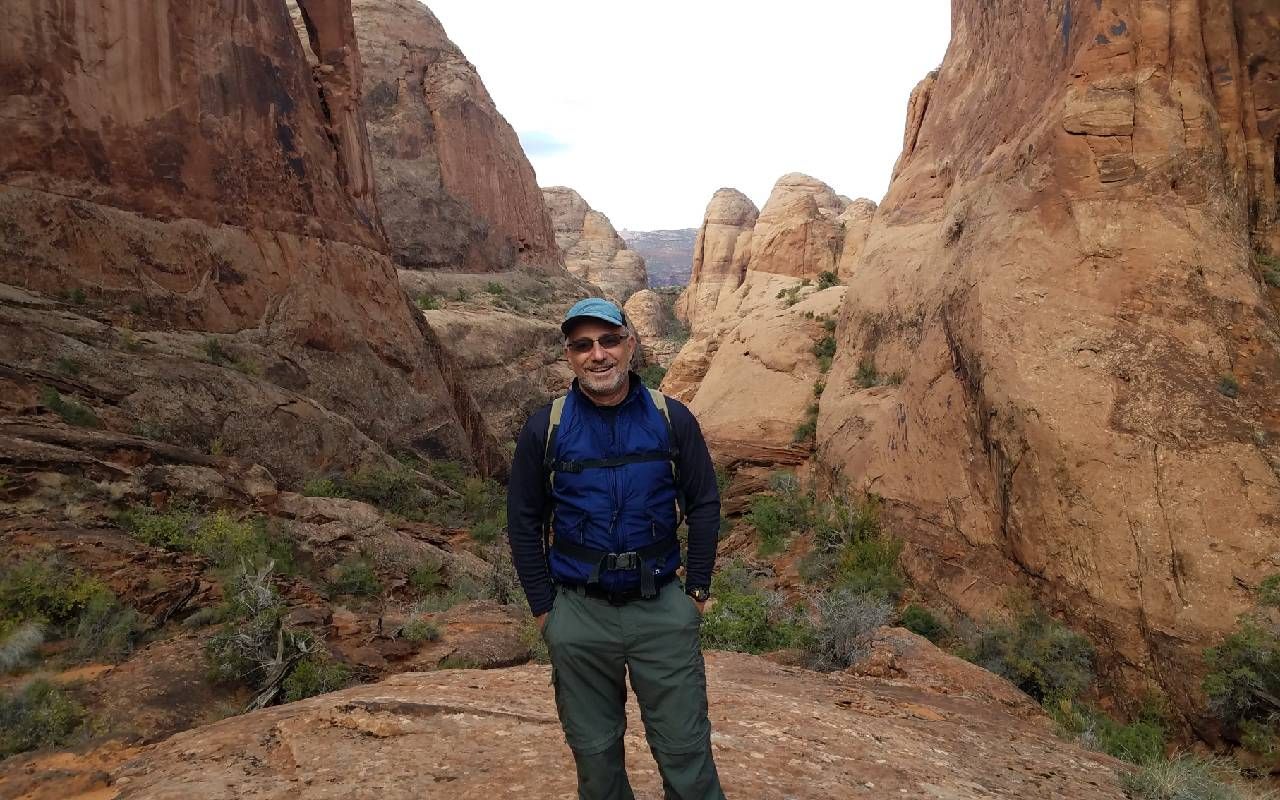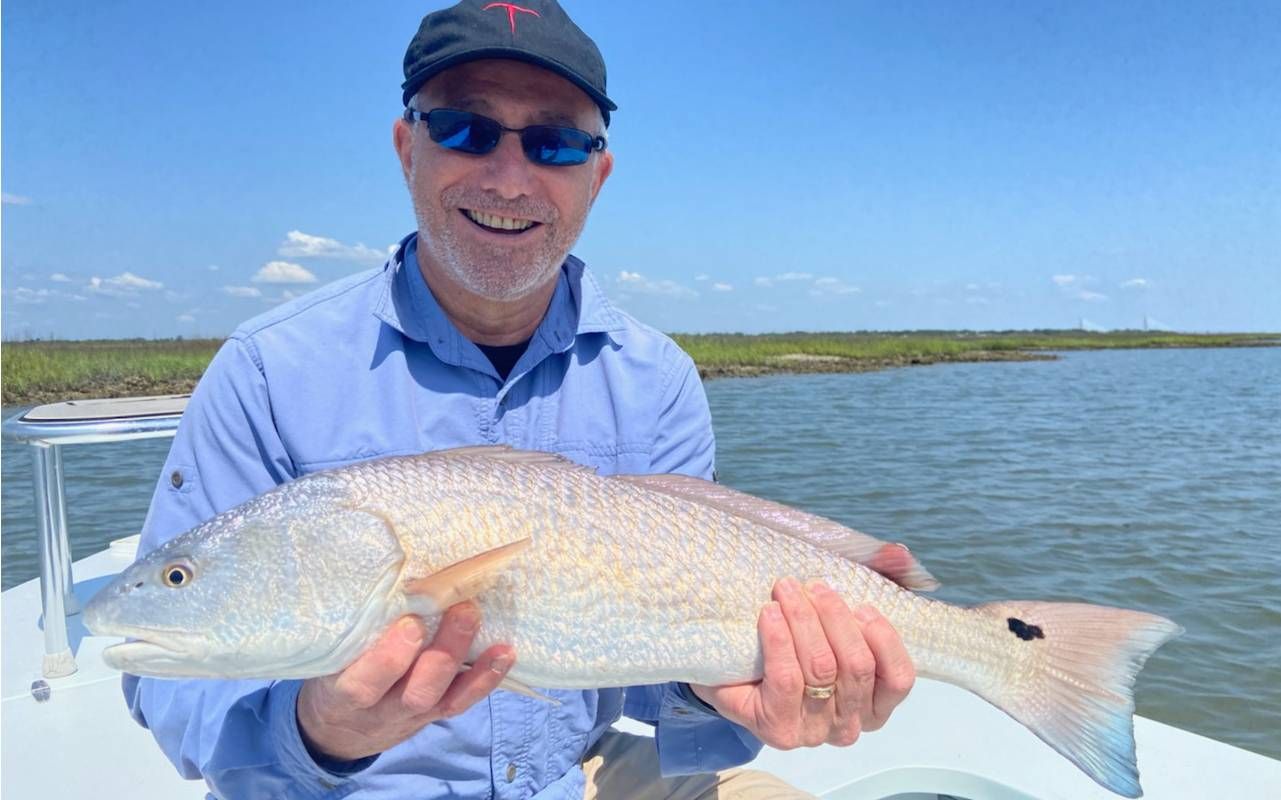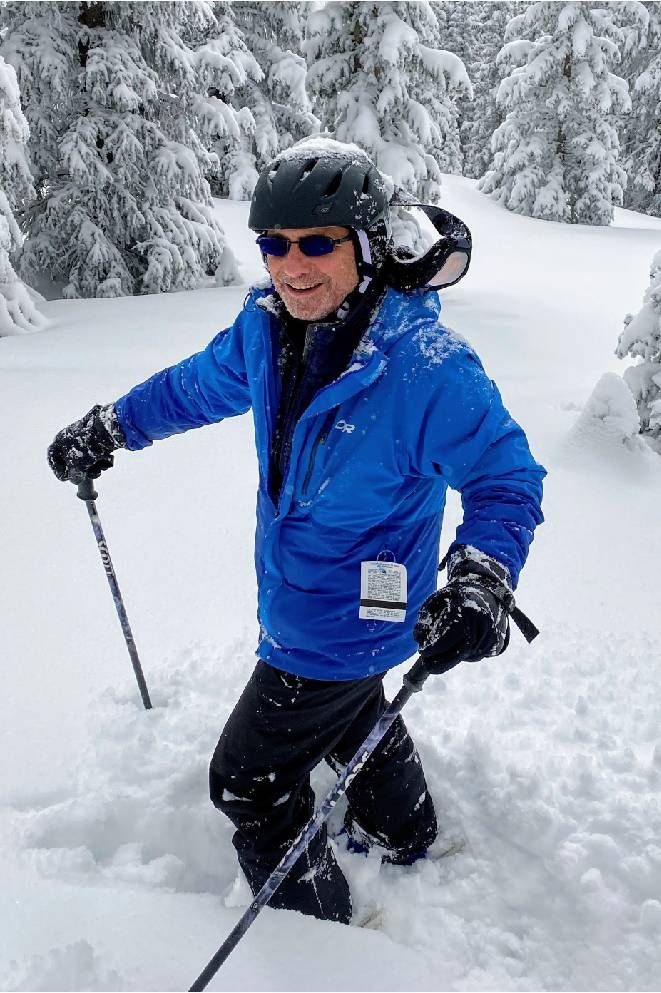Late Peaker
I'm catching up on the experiences, like fly fishing and Western skiing, that I'd postponed for years. But peaking late is not without its pitfalls.
In athletics, "peaking" means applying supreme effort at the exact right moment to achieve maximum success.
Recently retired and approaching seventy, I've become a late bloomer, a "late peaker," so to speak. Benefiting from the dual gifts of good health and, with work less prominent, the time to enjoy it, I'm catching up on the experiences, like Western skiing and hiking Colorado's high peaks, that I'd postponed for decades.

What makes these activities possible, of course, is that I'm still physically able.
After long suspecting it would complement my enjoyment of the outdoors, I took up fly fishing at 64.
A half-century ago, after graduation, I envied three fraternity brothers, all avid outdoorsmen, who'd skied Utah's Alta and Snowbird and hiked the Haute Route in the Alps. Today, one once-vigorous athlete has Parkinson's; a second has new knees and cannot ski; and a third fell victim to a cancer that took his life as he neared fifty. I'm thus deeply grateful to be alive, living my long-fantasized outdoor life.
I grew up an urban, middle-class kid in New York City. I hadn't traveled much west of the Hudson by the time I started college. Early-career business trips to far-flung Chicago and Minnesota moved my meridian westward, and I saw my first Western slope in my early 30s, when my wife and I trekked to Park City, Utah.
First Step: Fly Fishing
Imagine my delight that here in my adopted home of Santa Fe, New Mexico, the trail to the top of Atalaya Mountain, a beloved 9,100 feet peak with a commanding view, is only seven minutes away.
Recently, several authors — among them Tom Vanderbilt, Nell Painter, Rich Karlgaard and Margaret Talbot – have advocated for acquiring a new skill later in life; that the experience of progressing from absolute beginner to proficiency not only adds to one's enjoyment of life's richness, but promotes mental agility. In that vein, after long suspecting it would complement my enjoyment of the outdoors, I took up fly fishing at 64.

Starting was easy. Three times a year, one of Santa Fe's fly shops partners with the local community college to offer a popular "introduction to fly fishing" course. I signed up and the next four Saturday mornings found myself rigging my rod and making my first tentative casts in the company of four guides and two dozen other neophytes.
The satisfaction of catching my first fish, a diminutive smallmouth bass, on the Rio Grande during my second lesson was immense.
Along with that bass, I was, all puns intended, hooked. The thrill of learning to read the water correctly, anticipating which artificial lure the fish would take, and then reeling in the splendid creature (and releasing it — I'm a "catch and release" fisherman) proved addictive.
One doesn't always catch actual fish, of course, which sometimes turns a much-anticipated outing into casting practice.
I quickly understood that fly fishing is more about learning to think like a fish – to assess the water conditions and calculate what kind of lure the fish is most likely to mistake for an edible delight – than the physical skill of casting. And then, there's the philosophical side: One doesn't always catch actual fish, of course, which sometimes turns a much-anticipated outing into casting practice. But these disappointments notwithstanding, it is always satisfying to spend time on the river.
Age Requires Accommodations
Peaking late has taught me that while age requires accommodations, there really aren't any shortcuts. Three years ago, after completing a four-day, 80-mile guided mountain biking trip on Utah's magnificent White Rim, the sandstone plateau that lies 1,000 feet below Canyonlands National Park, two friends and I rented electric mountain bikes for an afternoon's ride.
What a miracle: The bikes conferred the power to surmount otherwise-gnarly obstacles and the stamina to climb hills that would previously have stymied us.
But while the e-mountain bikes provided the ability to ascend previously impossible hills, they did not bestow the confidence to get down them. Nor did they confer the balance and technical ability to negotiate more-advanced trails. We three walked our bikes down a path we had joyously scaled, humbled but wiser, and unscathed.
When I regained consciousness, the Carbondale fire and rescue chief asked if I knew where I was – I did, "somewhere in Colorado" – and who was the president, which I didn't.
To be sure, peaking late is not without its pitfalls. Biking last year on a paved trail in Colorado, too much speed plus a moment's inattention took me off the path. My skinny tires slipped the asphalt surface, and I knew I was going down, hard. (I did, and don't actually know how long I was knocked out on the roadside.) When I regained consciousness, the Carbondale fire and rescue chief asked if I knew where I was – I did, "somewhere in Colorado" — and who was the president, which I didn't.
I was concussed and had punctured a lung and broken eight ribs. Six months' healing, disciplined physical therapy and considerable good luck that the damage hadn't been worse enabled me to get back on my bike, and back into the game.
All That Has Passed Me By
There is, finally, a melancholic aspect to being a late peaker. So many things have undeniably passed me by.
For example, the air is thinner than I'd anticipated. I trained this summer to hike Mt. Elbert, at 14,400 feet the tallest mountain in Colorado and second highest in the continental U.S. Despite living at altitude and completing numerous training climbs, I couldn't make it to the top, despite having summited another 14er, Colorado's Mt. Sneffels, only two years earlier.

That melancholy is part of the devastating greater reality that our planet's best days are likely behind us. Daily, I read about America's finest fishing rivers, including Montana's Yellowstone and Big Hole, stressed from the increased heat and low river flows that characterize climate change. Only the introduction of farmed trout maintains the fishing on the rivers — the Rio Grande, Pecos and Chama — that are closest to my home.
Friends tantalize me with tales that "only" 30 and 40 years ago, Ski Santa Fe, a mere 30 minutes' drive from where I live, was blessed annually with more than 90-inch bases, deep powder guaranteed. Now, Thanksgiving opening days are iffy and snow groomers must manicure what's fallen naturally to sustain a 60-inch base.
A friend, raised on winter sports in Colorado, once said that since our perceptions are subjective, we normalize what we first experience. For that reason, I am fortunate: I moved West late in life – yet another late peaker moment.
What I know today is all I've known. Measured against a lifetime's yearning, it's pretty darned good and I'll take it, thank you very much, better late than never — with gratitude.


